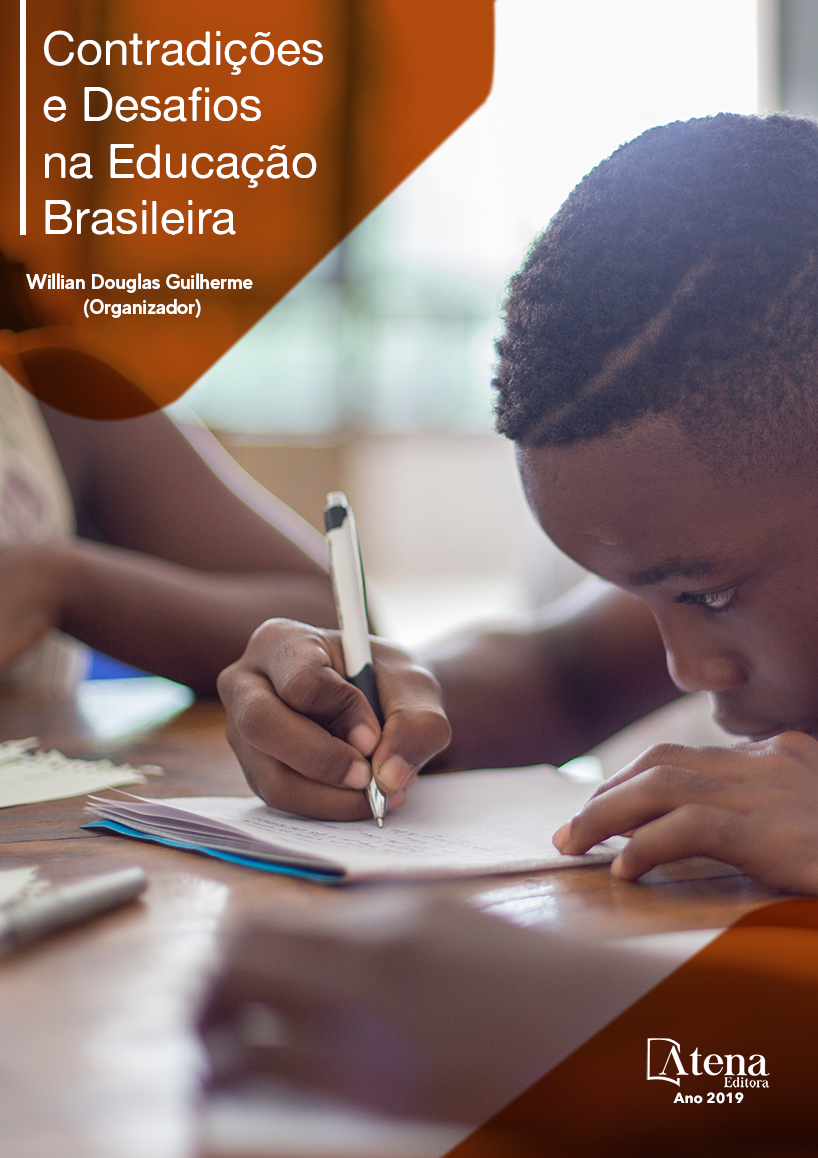
O LETRAMENTO DIGITAL E A INCLUSÃO DIGITAL NA EDUCAÇÃO A DISTÂNCIA (EAD): UM ESTUDO DE CASO COM DISCENTES DO CURSO DE BACHARELADO EM ADMINISTRAÇÃO PÚBLICA
Esse artigo discute a importância do
letramento digital nas práticas sociais de leitura e
escrita da atualidade, bem como, a inclusão das
novas tecnologias da informação e comunicação
(TIC). Dessa forma, pretende-se proporcionar
uma análise das contribuições do ensino a
distância para o letramento digital, considerando
que o aparecimento dos cursos de educação a
distância no brasil criou possibilidades para os
indivíduos que não dispunham de condições
de estudar em um curso presencial, pudessem
realizar os seus sonhos através do curso a
distância - modalidade que proporciona a
inclusão digital. Trata-se de uma pesquisa
social exploratória, de natureza qualitativa. Na
coleta de dados, utilizou-se um questionário
semiestruturado contendo 31 perguntas
abertas e/ou fechadas. Os resultados apontam
que a maioria dos respondentes (57,1%) são
do gênero feminino e possuem idade acima de
26 anos. Apenas 2 deles afirmaram não possuir
computador em casa antes de iniciar o curso e
todos informaram utilizar a internet diariamente.
Para os respondentes, é importante o uso do
computador também nas aulas presenciais.
Verificou-se que apesar do curso ser vivenciado
a distância e ter como principal ferramenta
o computador, os alunos na sua maioria
não utilizam apenas recursos digitais, mas
também material impresso. A possibilidade da
administração do tempo e a oportunidade de
adquirir novos conhecimentos são alguns dos
fatores apontados.
O LETRAMENTO DIGITAL E A INCLUSÃO DIGITAL NA EDUCAÇÃO A DISTÂNCIA (EAD): UM ESTUDO DE CASO COM DISCENTES DO CURSO DE BACHARELADO EM ADMINISTRAÇÃO PÚBLICA
-
DOI: 10.22533/at.ed.73619010619
-
Palavras-chave: Letramento Digital; Inclusão Digital; Tecnologias Da Informação E Comunicação; Educação A Distância.
-
Keywords: Digital Literacy; Digital Inclusion; Information And Communication Technologies; Distance Learning.
-
Abstract:
this article discusses the
importance of digital literacy in current social
reading and writing practices, as well as the
inclusion of new information and communication
technologies (ICT). Thus, it is intended to
provide an analysis of the contributions of distance learning to digital literacy, considering
that the appearance of distance education courses in brazil created possibilities for
individuals who did not have the conditions to study in a classroom course, could to
realize their dreams through the distance course, modality that provides the digital
inclusion. It is an exploratory social research of a qualitative nature. For the data
collection, a semi-structured questionnaire containing 31 open and / or closed questions
was used. The results indicate that the majority of respondents (57.1%) are female and
are over 26 years old. Only 2 of them said they did not have a computer at home before
starting the course and everyone reported using the internet on a daily basis. It was
verified that although the course is experienced in the distance modality and have as
main tool the computer, the students mostly do not use only digital resources, but also
printed material. The possibility of time management and the opportunity to acquire
new knowledge are some of the factors pointed out.
-
Número de páginas: 15
- Ana Paula da Silva
- Alessandra Carla Ceolin


